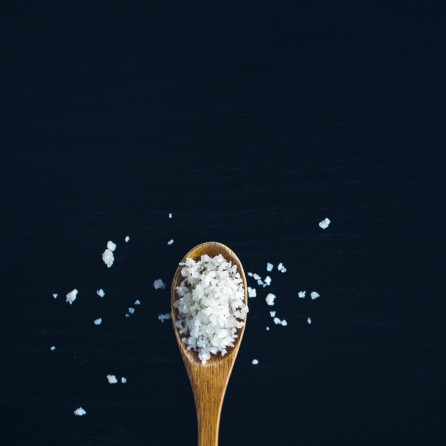
New research shows that there is no association between the risk of later development of multiple sclerosis and increasing salt intake.
There has now been a decades-long search for modifiable lifestyle risk factors that might increase the risk of developing MS or the risk of it progressing after diagnosis.
Strong data now exist for low vitamin D levels, lack of sun exposure, especially during winter in childhood, a high animal fat diet, lack of exercise, smoking, overweight and obesity, stress and omega 3 fatty acid intake.
But recently the question of the risk of having too much salt in the diet has come to the fore, with studies suggesting a causative link. However, a large international collaboration of experienced MS researchers has now examined this issue in very sophisticated research that effectively puts the theory to bed.
Researchers including high profile MS epidemiologists Prof Alberto Ascherio and Dr Kassandra Munger in the neuroepidemiology group at Harvard School of Public Health with great experience in these large epidemiological and clinical studies, approached the question of risk of MS with increasing salt intake by examining associations in the very large and ongoing US Nurses Health Study.
This study of the health of 175,000 nurses in the USA has already yielded powerful data on a variety of the risk factors for MS development. Using prospectively collected dietary data, they showed absolutely no association between risk of later development of MS and increasing salt intake.
These data were controlled for other confounding lifestyle habits like smoking, vitamin D intake, body mass index and so on. In a separate and very rigorous clinical trial, they looked at even stronger data on how much sodium people with clinically isolated syndrome (CIS) were excreting in their urine (a good measure of salt intake) and subsequent conversion to definite MS, and disease progression, using relapse rate, MRI measures and disability score.
As we know, CIS is for most people an early form of MS, for which the risk of converting to definite MS can be influenced by a variety of lifestyle factors. Again, they found no relationship whatsoever between higher salt intake and likelihood of conversion to MS or disease progression on any of these measures.
Together, these studies put the salt hypothesis to bed. While excess salt intake is not encouraged for anyone, due to its effects particularly in causing high blood pressure, people with MS can be reassured that salt intake is not a risk factor for the illness progressing, nor for their family developing the disease.
Sodium Intake and Multiple Sclerosis Activity and Progression in BENEFIT No association between dietary sodium intake and the risk of multiple sclerosis Dietary sodium intake